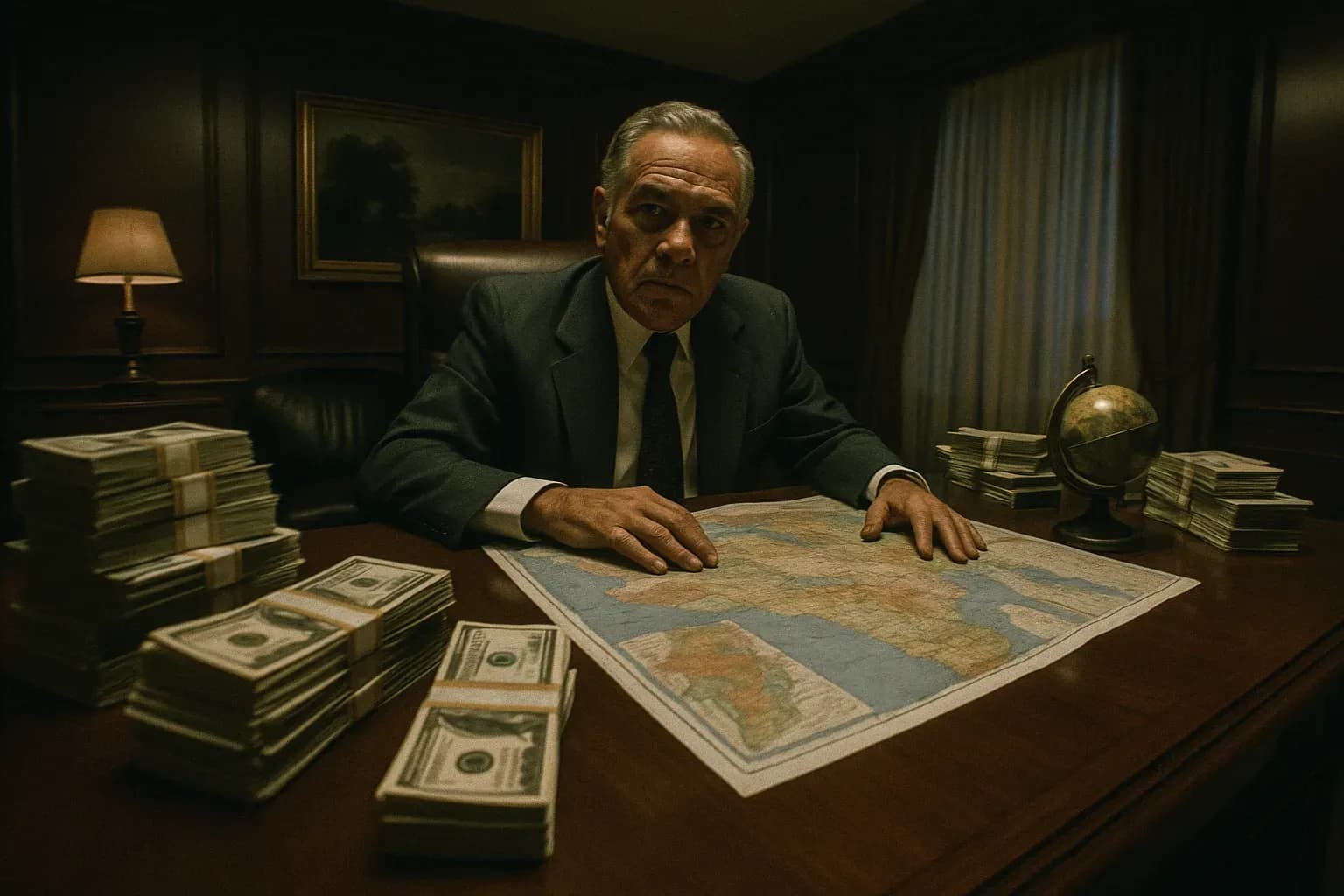
Money laundering
Understanding the complex process and why it's at the core of organized crime
What is money laundering, and how do criminals transform illegal funds into 'clean' fortunes? Understand the methods and the fight against the economic engine of true crime.
Understanding the complex process and why it's at the core of organized crime
What is money laundering and why is it vital for crime?
Money laundering is a central process within true crime and a serious form of economic crime. The term refers to the method by which illegal assets and money, originating from criminal activities, are channeled through a complex system of financial transactions. The purpose is to conceal the illicit origin of the funds, making them appear legitimately acquired. This is a crucial mechanism for criminals who wish to use their criminal proceeds without arousing the suspicion of authorities. Money laundering is often at the core of organized crime, as it enables the investment and reinvestment of profits from activities such as drug trafficking, human smuggling, or large-scale fraud. The process of laundering money itself is typically intricate and can involve numerous steps, including the creation of shell companies, investment in real estate or luxury goods, and the use of international financial systems to effectively obscure the money flows and the actual money trail.
Why is money laundering so hard to investigate and find
Understanding money laundering is central to many true crime narratives, as it illuminates the economic engine and the flow of money behind many forms of serious crime. Investigating money laundering and the underlying financial crime is notoriously difficult. Perpetrators often use sophisticated methods, including digital currencies and an international network of accomplices, to effectively conceal the origin of illegal funds and evade detection. Money laundering is more than just an economic crime; it is an act that undermines society's financial integrity, promotes corruption, and creates fertile ground for criminal networks to thrive and expand. Unraveling a money laundering network and uncovering hidden money can therefore be as crucial as apprehending the individuals committing the primary offenses, as it strikes at the very foundation of organized crime.
Endless race: Strategies in fighting money laundering
Effective combat against money laundering requires close and coordinated cooperation between financial institutions, investigative authorities, and international bodies. The challenge of stopping the flow of illegal money is constant, as criminals continuously develop new and more advanced methods to hide their illicit fortunes and criminal proceeds. This makes solving cases of economic crime like money laundering an ongoing race against time and the ingenuity of the criminal underworld. Following the money trail and uncovering complex financial transactions is therefore a vital, albeit often exceedingly complicated, part of modern crime-fighting and the effort against organized crime.
Did this spark your interest? Delve into real-life money laundering cases, from large-scale fraud to drug cartel finances – find our exciting cases below.




.webp&w=3840&q=75)





